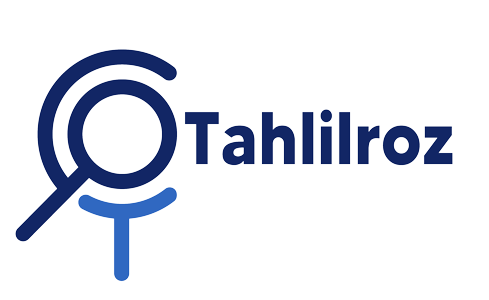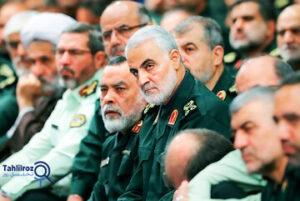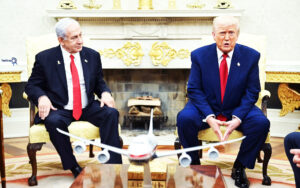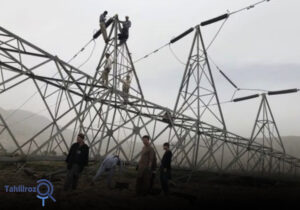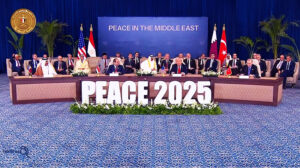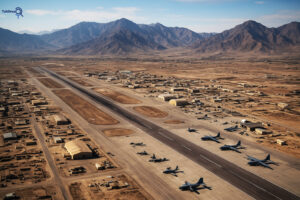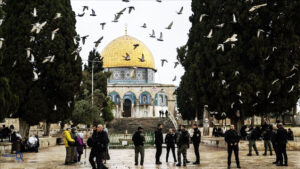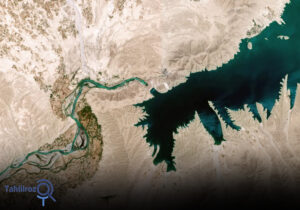Hajj, is one of the most significant religious obligations for Muslims around the world. Every year, millions of believers gather in Mecca to perform the sacred rites that symbolize submission to God and unity among the ummah. While Hajj is often viewed primarily as a spiritual journey, it also carries profound political and social messages.
For Afghan Muslims, who have long endured conflict, division, and foreign occupation, Hajj holds a special importance. It is both a sacred duty and a powerful opportunity to reflect on unity, justice, and the broader struggles of the Muslim world.
Hajj has got a dual nature, spiritual and political. While Afghan pilgrims traditionally approach Hajj from a devotional perspective, there is a growing need to highlight its political messages, especially those that call for resistance against oppression, rejection of arrogant powers, and condemnation of extremist ideologies.
-
The Spiritual Significance of Hajj
At its core, Hajj is an act of devotion. It is a journey of purification, humility, and submission to the will of God. The rituals performed during Hajj—such as Tawaf (circling the Kaaba), Sa’i (walking between Safa and Marwa), standing at Arafat, and the symbolic stoning of the devil (Rami al-Jamarat), are deeply rooted in Islamic history and spirituality. These acts reflect the values of patience, sacrifice, and equality before God.
Hajj also symbolizes the universality of Islam. Regardless of nationality, race, language, or social status, Muslims stand shoulder to shoulder, dressed in the same simple white garments, united in worship. This powerful image of unity is perhaps one of the clearest manifestations of Islamic brotherhood.
-
The Political Dimension of Hajj
Beyond its spiritual dimensions, Hajj carries a strong political message. It is a call for the unity of Muslims against injustice and tyranny. The concept of Bara’at—disavowal of the enemies of God—is an essential part of Hajj that emphasizes resistance to oppressive powers and arrogance. Historically, many Islamic scholars and leaders have stressed that Hajj is not only about personal salvation, but also about collective awareness and responsibility.
In a world where the Muslim ummah faces various challenges—foreign occupation, sectarian conflicts, poverty, and the rise of extremist ideologies—Hajj provides a platform to strengthen solidarity and raise consciousness. It is a reminder that Muslims must not remain silent in the face of injustice and must stand together against all forms of oppression, including those imposed by global powers or internal sectarian forces.

-
The Afghan Context
For the people of Afghanistan, Hajj is both a cherished spiritual duty and a symbol of hope. Despite decades of war, economic hardship, and political instability, Afghan Muslims continue to make great efforts to fulfill this pillar of Islam. Each year, thousands of Afghans travel to Mecca, driven by deep religious conviction.
However, the focus of most Afghan pilgrims remains primarily spiritual. While devotion and worship are undoubtedly central, the political and social messages of Hajj are often overlooked. In a country that has suffered from foreign intervention, sectarian strife, and extremist violence, it is essential to revisit the full meaning of Hajj. Afghan pilgrims must be encouraged to reflect on the broader implications of this sacred journey: the rejection of arrogance and tyranny, the condemnation of takfiri ideologies, and the commitment to justice and unity.
Afghan scholars, imams, and community leaders have a crucial role to play in raising awareness about the political significance of Hajj. Through sermons, media programs, and educational campaigns, they can help connect the rituals of Hajj to the real-life struggles faced by the Afghan people and the broader Muslim world.
-
Hajj as a Tool for Muslim Unity
The unity demonstrated during Hajj is a powerful antidote to the divisions that plague the Muslim world. In an era where nationalism, sectarianism, and ethnic tensions have weakened the ummah, Hajj reminds us of our shared identity and purpose. It is an annual opportunity to break down barriers and build bridges between different Muslim communities.
For Afghans, who live in a country marked by ethnic diversity and political fragmentation, the message of unity is especially relevant. Hajj offers a moment to rise above local divisions and embrace the global Islamic brotherhood.
-
Conclusion
Hajj is more than a personal act of devotion—it is a powerful expression of Muslim unity and resistance against injustice. For Afghan Muslims, it represents both a deeply spiritual experience and a much-needed opportunity for reflection and awareness. As Afghanistan continues to rebuild and redefine its identity, the full message of Hajj must be embraced: one that includes devotion, unity, justice, and rejection of tyranny and extremism.
By recognizing and promoting both the spiritual and political dimensions of Hajj, Afghan Muslims can contribute to a stronger, more conscious, and united ummah.

Mohsen Shahrafiee
